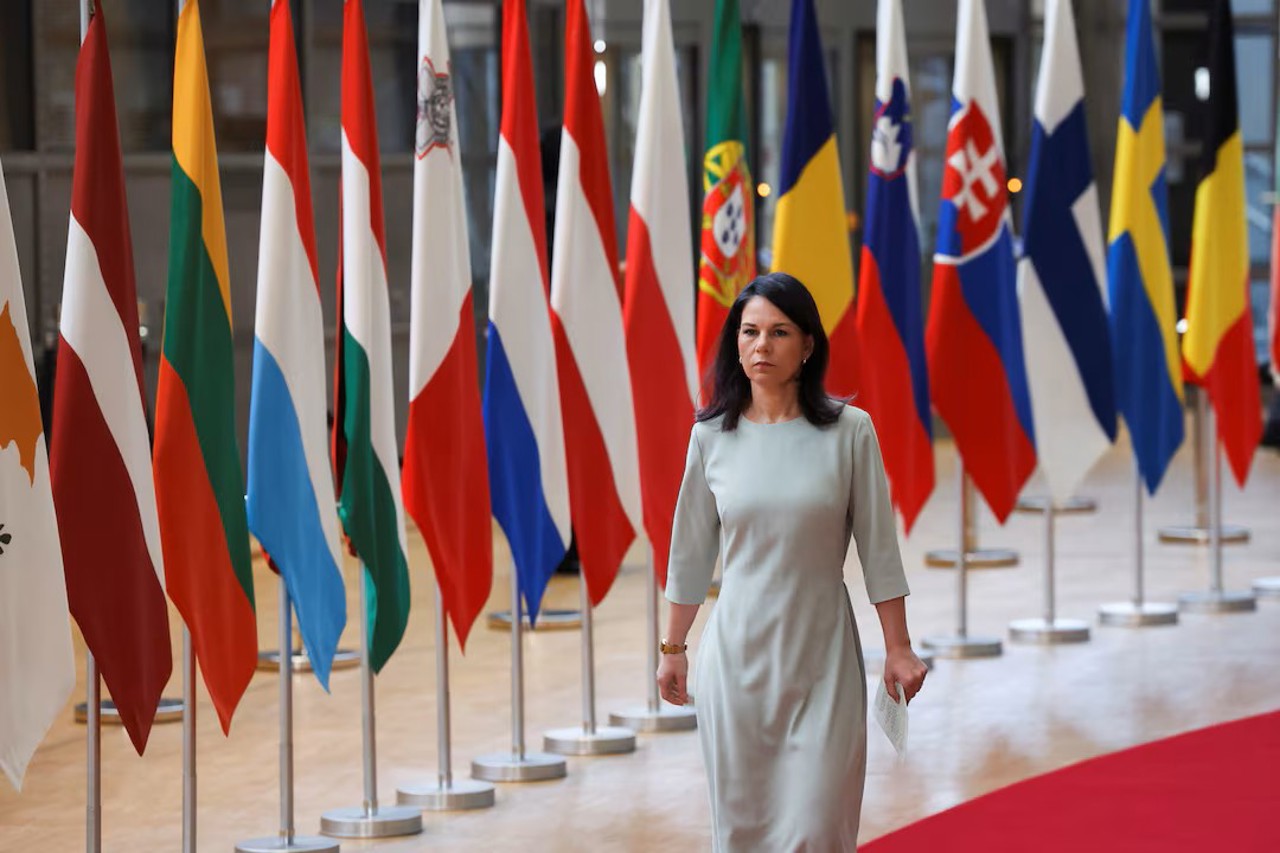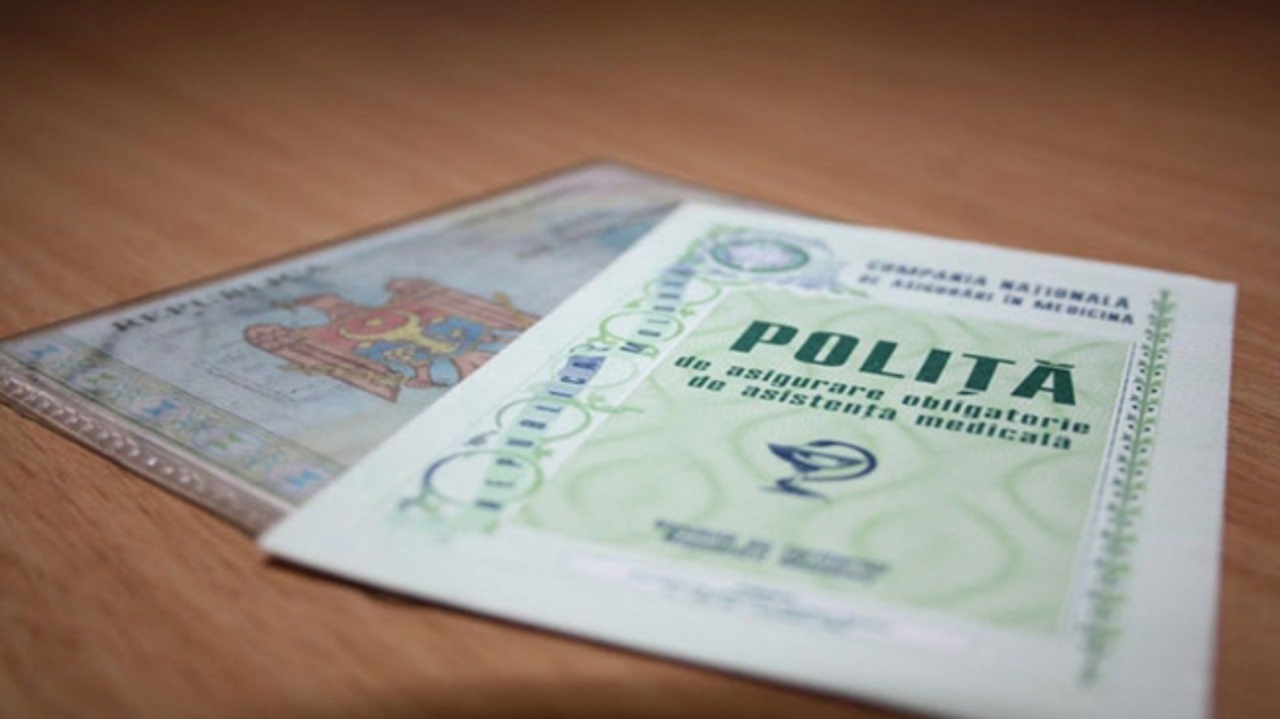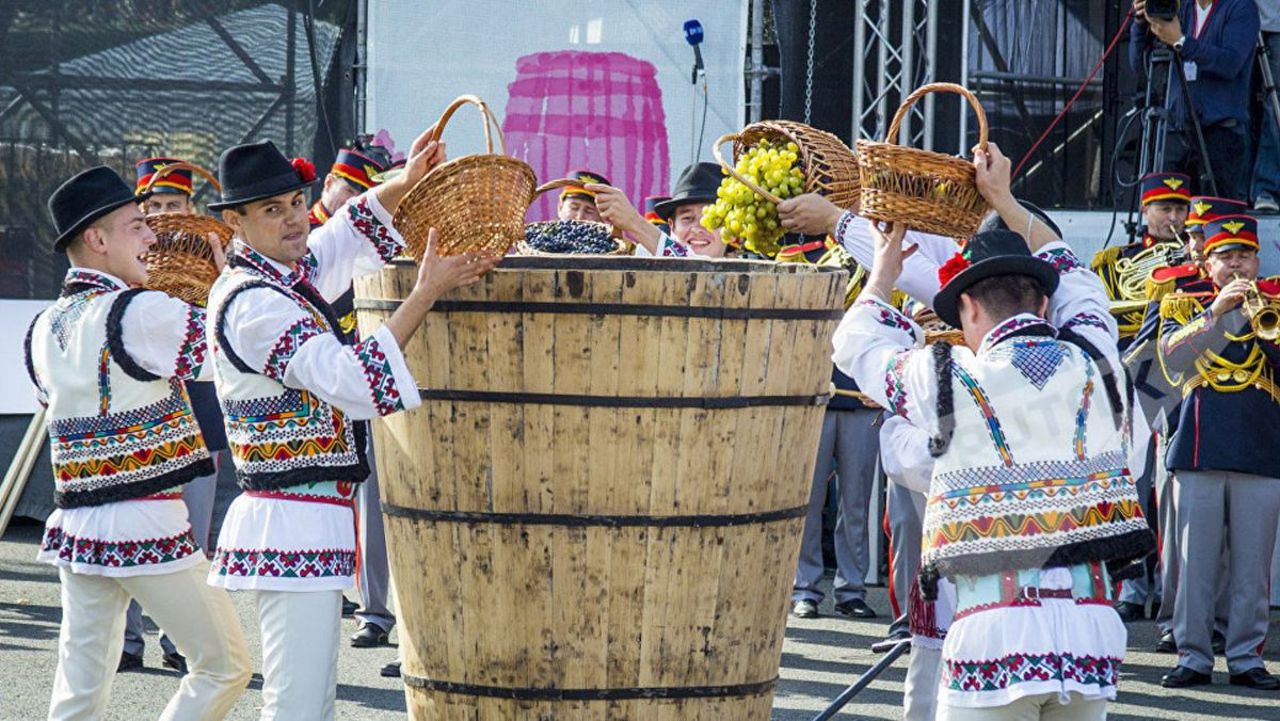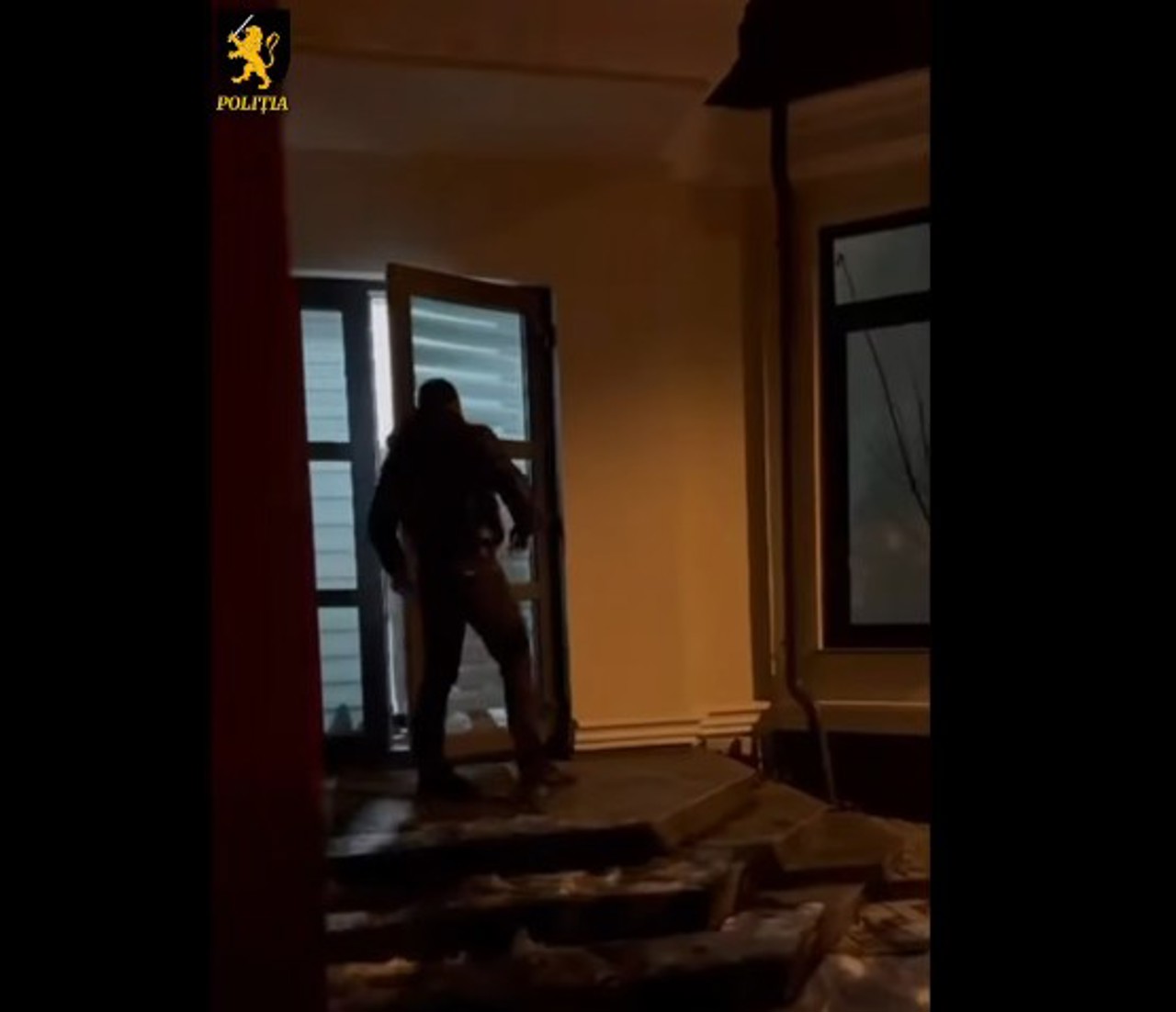Germany backs Moldova’s EU path: Baerbock’s latest visit

Annalena Baerbock, born on December 15, 1980, in Hanover, has been serving as Germany’s first female foreign minister since December 8, 2021.
A leading figure in the Green Party (Alliance 90/The Greens), Baerbock has gained prominence in both German and international politics through her firm stance on democratic values, unwavering support for Ukraine, commitment to European unity, and dedication to combating climate change.
The Republic of Moldova has been a central focus of her diplomatic efforts, as she considers it a "frontline state" in countering Russian influence in the region.
Political rise and candidacy for chancellor
Baerbock’s political career gained momentum when she was elected co-leader of the Green Party in 2018 alongside Robert Habeck. She successfully bridged the party’s ideological divide between radical environmentalists and pragmatic realists. In April 2021, she became the Greens’ first-ever candidate for chancellor. Although the election was won by Social Democrat Olaf Scholz, the Greens’ strong performance secured their role in the governing coalition, leading to Baerbock’s appointment as foreign minister.
A strong and unwavering voice against Russian aggression
Russia’s invasion of Ukraine was a defining moment early in Baerbock’s tenure as foreign minister. Initially cautious about sending military aid, she swiftly shifted her stance after the invasion, becoming a vocal advocate for Ukraine’s defense, including military assistance. She has visited Ukraine nine times, including frontline areas such as Lebedinske. Following the Bucha massacre, she ordered the expulsion of 40 Russian diplomats from Germany, aligning with the EU’s response to war crimes.
A direct approach to authoritarian regimes
Baerbock has taken a strong stance against autocratic regimes, including China. During an official visit to Beijing in April 2023, she openly criticized China’s refusal to condemn Russia’s aggression and addressed sensitive issues such as Taiwan and human rights. In the Middle East crisis, she has strongly defended Israel’s right to self-defense while also advocating for humanitarian aid for Gaza and a two-state solution.
Republic of Moldova—A constant priority
Moldova has been a key focus of Baerbock’s diplomatic agenda. Just two weeks after Russia’s invasion of Ukraine, she visited Chișinău, meeting with volunteers at the border and acknowledging Moldova’s efforts in welcoming refugees. To support Moldova’s stability, Germany, alongside France and Romania, launched the Moldova Support Platform.
In September 2024, Baerbock returned to Chișinău for the platform’s conference, signing a cybersecurity cooperation agreement and condemning Russian disinformation campaigns. "Every effort we make to support Ukraine also helps ensure stability in Moldova," she stated.
Her visit on April 2-3, 2025, focuses on energy security and supporting Moldova’s path toward EU integration. Baerbock has openly condemned Russia’s attempts to buy votes and reaffirmed Germany’s commitment to strengthening Moldovan democracy.
Translation by Iurie Tataru





